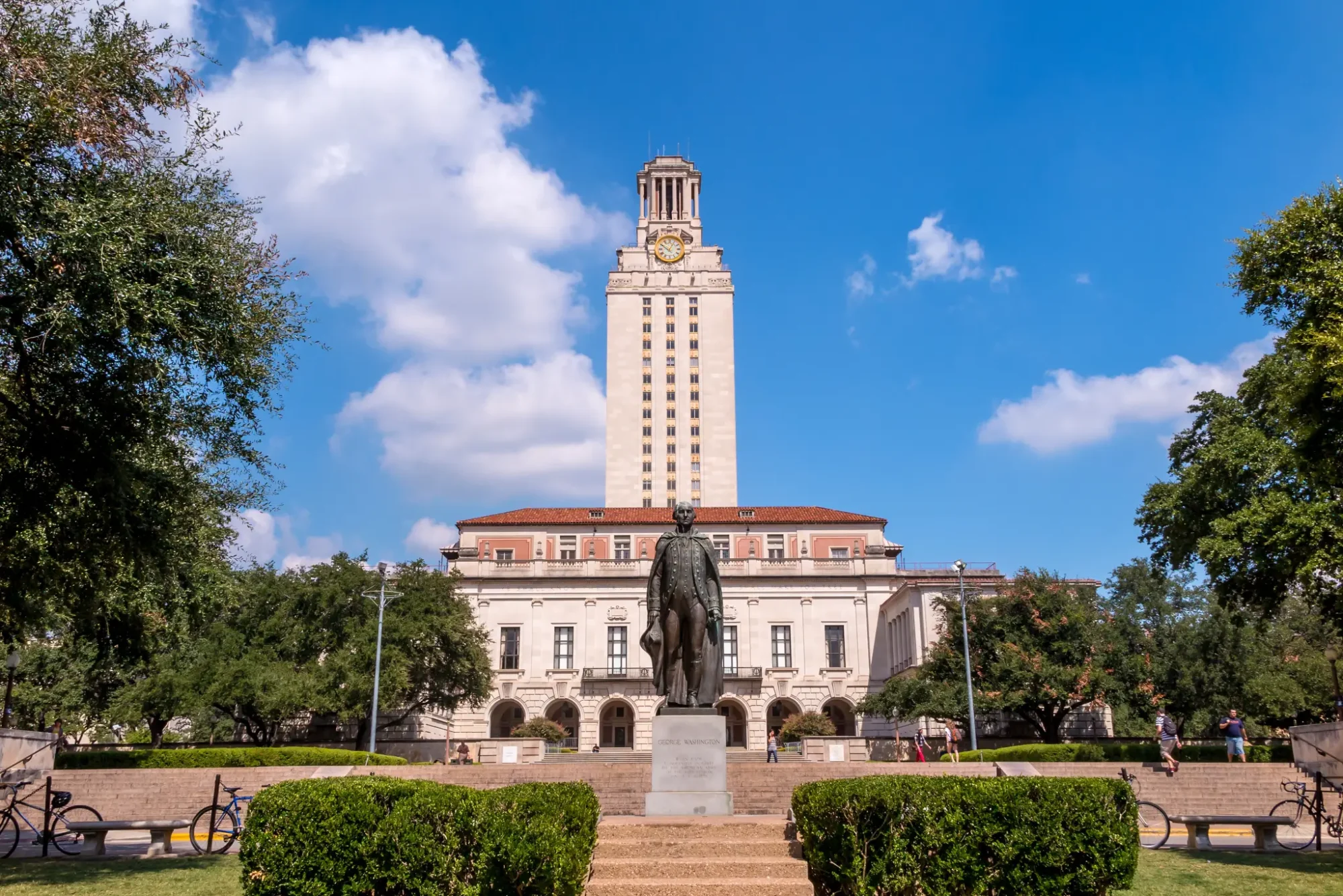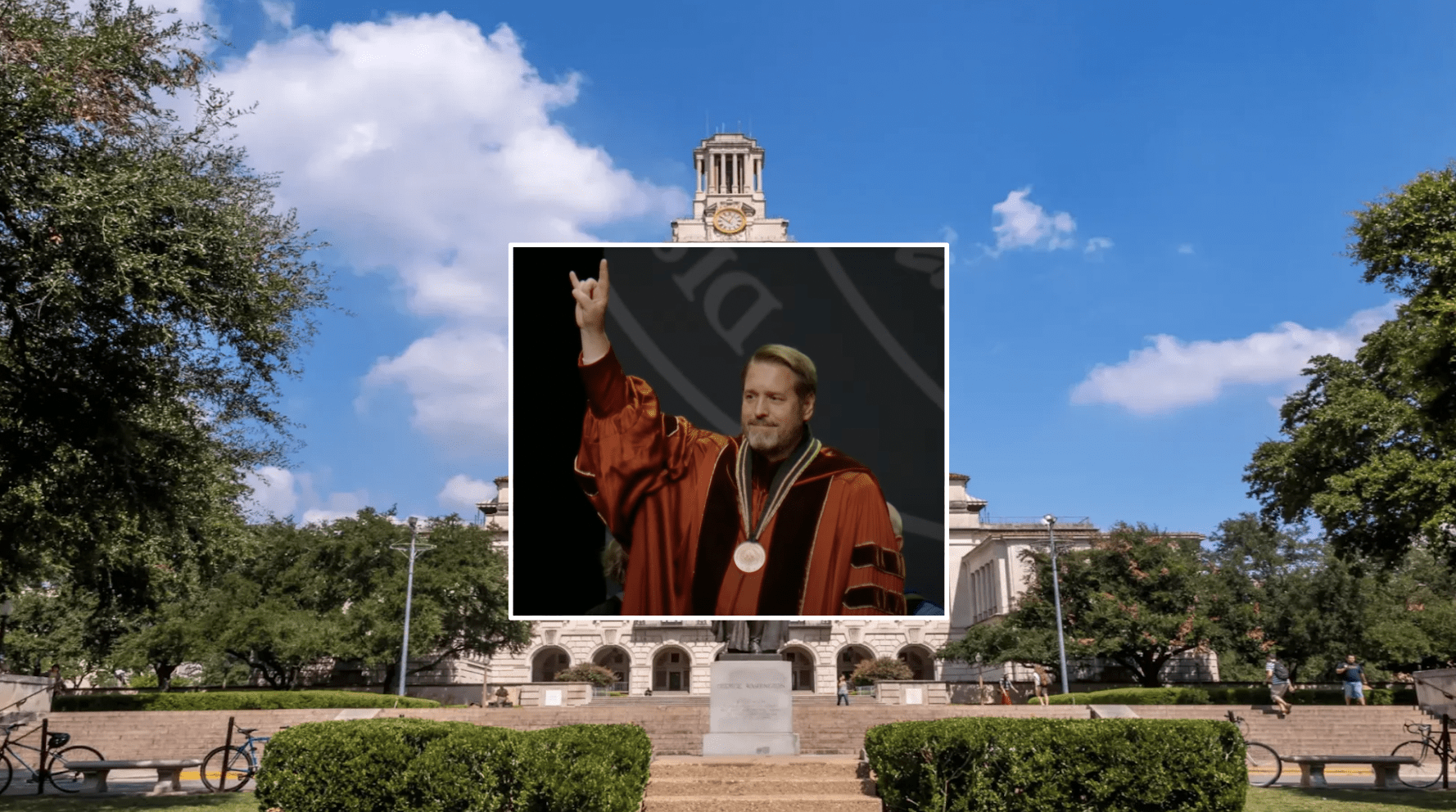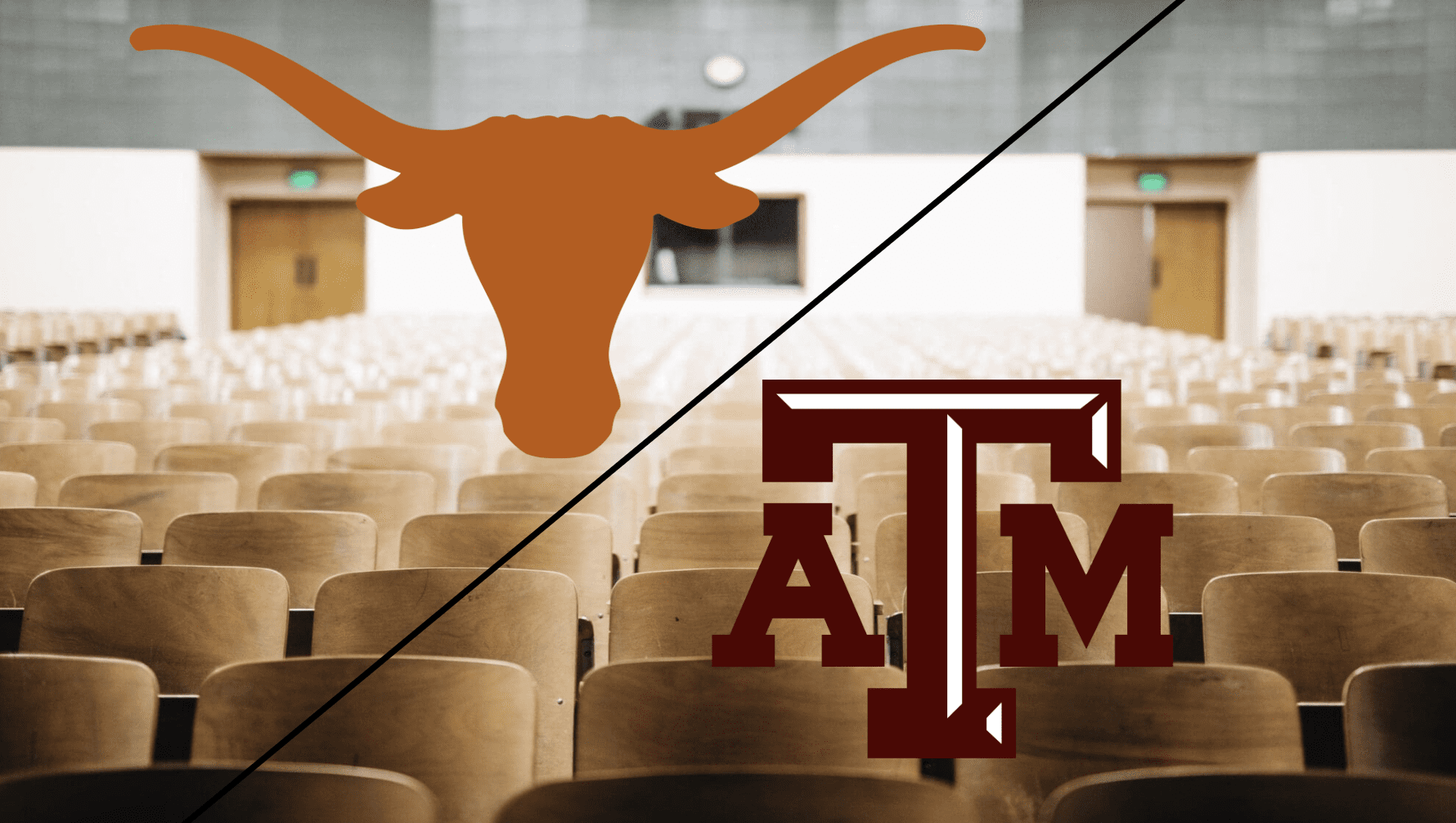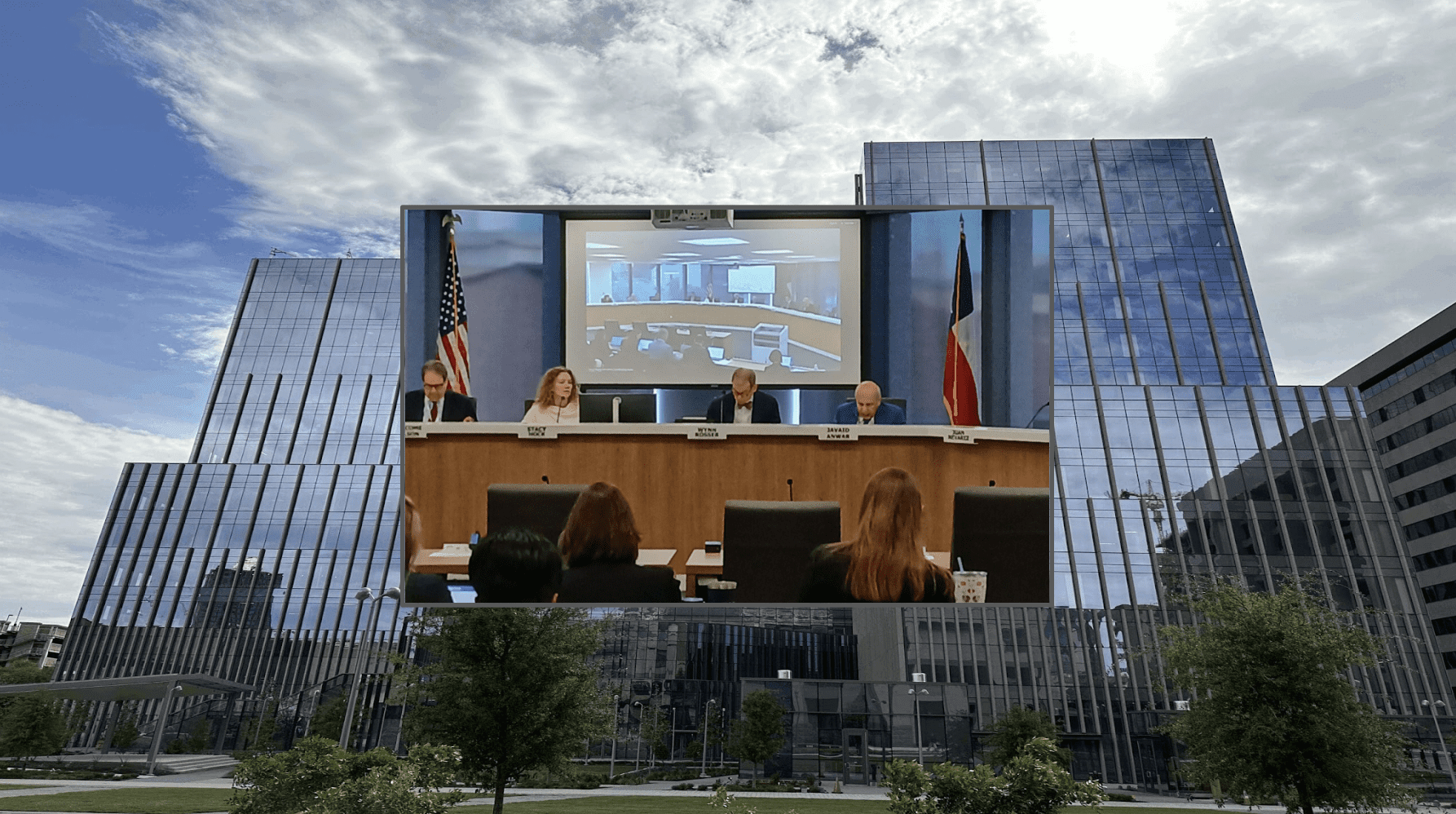The University of Texas at Austin’s Center for Media Engagement encourages students to frame their stories in “solidarity” toward marginalized communities and is funded in part by billionaire George Soros.
Under the Solidarity Journalism Initiative, students are taught to avoid using systemically harmful labels, including words like “inmate” or “convict.” Advocates argue that framing journalism through the lens of systemic racial oppression “is not biased—it’s public service.”
According to the UT CME, they “envision a vibrant American media ecosystem that more effectively empowers the public to understand, appreciate, and participate in the democratic exchange of ideas.”
The UT CME and the UT Knight Center (a collaboration between UT and the Knight Foundation) are funded by large corporations like Microsoft, Facebook, Google, Univision, the Ford Foundation, and the Open Society Foundation.
The Open Society Foundation was founded by Soros, who is known for funding “racial justice,” anti-police activist groups, and pro-crime district attorneys in Texas. Recently, Soros has been funding political action committees with the goal of making Texas a Democrat-controlled state.
The OSF offers a guide for grant-makers that outlines qualities to incorporate when writing grants for programs that align with “anti-racist, anti-sexist, anti-xenophobic, and anti-ableist approaches, among many others.”
We aspire for diversity, equity, and inclusion(DEI) to be at the core of the Open Society Foundations’ mission and values, and we at the Grant Making Support Group(GMSG) see our role as supporting and encouraging grant making at the Open Society Foundations that advances diversity, equity, and inclusion, not only in terms of the what but also the how of grant making. This effort starts with recognizing our own power in philanthropy. Open Society and other grantmaking organizations should consistently examine how the individual, program, and institutional levels of their work incorporate the values and practices of diversity, equity, and inclusion not just in the ends, but the means.
The OSF gave a grant of $65,000 to UT Austin’s CME for the first time in 2020 to be used to “research and disseminate findings about surveillance on U.S. protesters,” and then gave $200,000 in 2021 for a CME Propaganda Research Project. The OSF has donated to UT Austin’s Knight Center several times since 2018.
The OSF also advocates for equity hiring in newsrooms—funding journalism projects with the same mission. They fund both ProPublica and the Ida B. Wells Foundation. Racial injustice writer Nikole Hannah-Jones co-founded the Ida B. Wells Foundation and founded the controversial 1619 Project, which seeks to introduce classroom curriculum to fundamentally change the way students view American history.
Additionally, the OSF has close ties with the Knight Foundation, which gave UT Austin $4 million to “scale participation” in their online journalism courses just last year.
Anita Varma, who started the Solidarity Journalism Initiative at UT Austin, told Nieman Lab her prediction for 2022 was that “solidarity eclipses objectivity as journalism’s dominant ideal.”
When writing on the UT CME website about “Making Newsworthiness Decisions in Solidarity,” Varma said one of the pillars was “political solidarity.”
Political solidarity means that people are calling for dismantling structures that uphold social injustice, such as capitalism, white supremacy, patriarchy, colonialism (and the connections between them). Political solidarity stories quote people who criticize the structural dimensions of an issue and demand transformative change.
Some examples of “solidarity reporting” according to the UT website are Teen Vogue‘s “Youth vs. Apocalypse Puts Working-Class Young People of Color at the Heart of the Climate Fight,” about how the climate crisis relates to racism, and Texas Observer’s “West Texas Town Comes Out For Drag Queens,” about a drag queen story hour for kids.
In 2022, a Gallup poll showed 57 percent of Republicans, 41 percent of independent voters, and 10 percent of Democrats said they had no trust in mass media.
No ads. No paywalls. No government grants. No corporate masters.
Just real news for real Texans.
Support Texas Scorecard to keep it that way!





